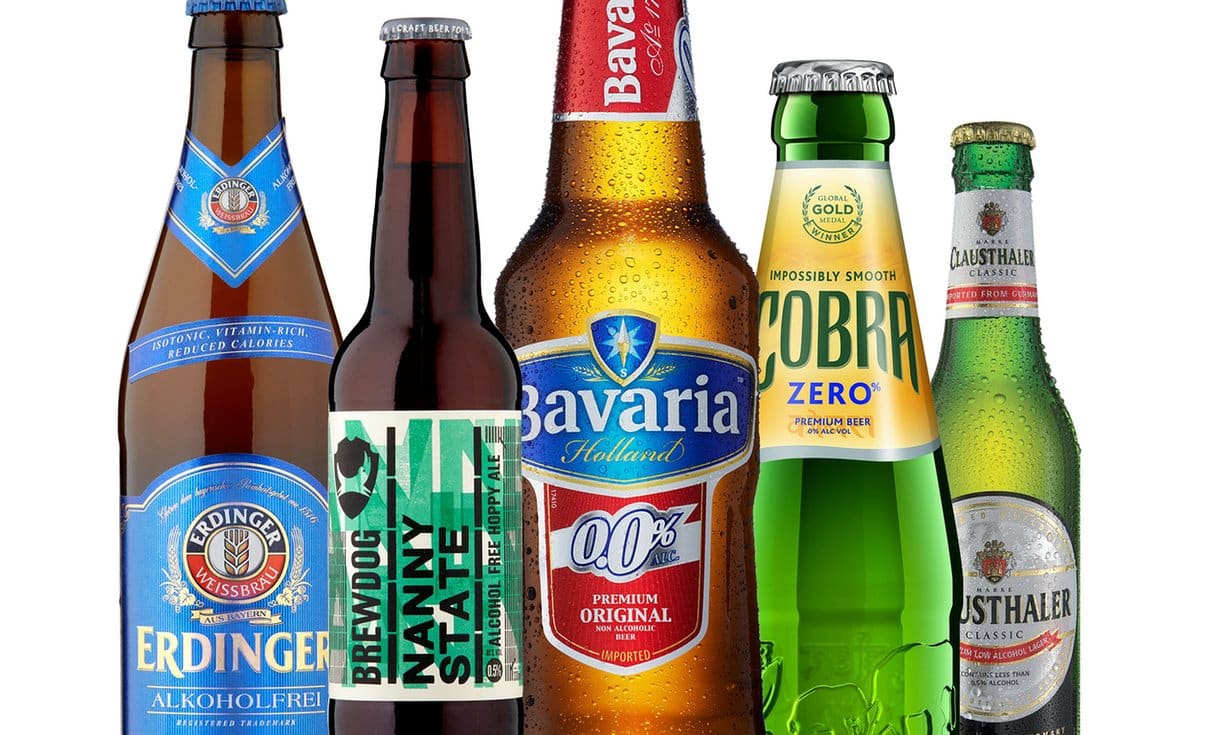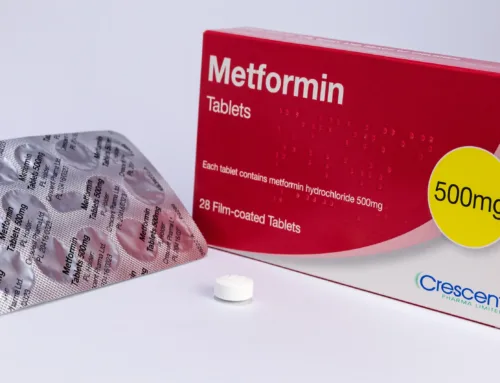Embarking on a Dry January isn’t just a trendy resolution; it’s a powerful catalyst for a more enduring lifestyle shift. In a world where the art of social drinking has been perfected over millennia, it’s easy to find ourselves indulging a tad too much, especially during the festive season.
While Dry January serves as a brilliant detox post-December revelry, it’s more than just a month-long commitment. It’s a testament to our ability to dictate when we sip, rather than the bottle dictating our choices. Beyond the immediate health benefits, it’s about cultivating the willpower to choose balance over excess throughout the entire year.
Given the well-documented health and social risks associated with excessive alcohol consumption, the real triumph lies in moderating intake consistently. Imagine relishing a refreshing beer, a captivating cocktail, a fragrant gin and tonic, or savoring the intricate notes of a fine wine with loved ones, all without the compulsion to turn to the bottle every evening.

How does alcohol affect our health
Alcoholic drinks, in reasonable amounts, have not all been shown to be bad for our health. For example, a study from Kings College London showed that the polyphenol called resveratrol responsible for the colour of red wine actually helped the growth of friendly bacteria in the gut, reducing inflammation and linked to a slightly lower risk of bowel cancer. Studies have suggested that light-to-moderate drinking reduces the incidence of prostate cancer.
Unfortunately, more is not better when it comes to booze. Over time, enthusiastic drinkers have an increased risk of cancer in multiple sites, including breast, oesophagus, stomach, liver, lung, and bowel. In one survey of heavy drinkers, more than four drinks daily doubled their risk of prostate cancer, and the cancers they developed tended to be more advanced and have a poorer prognosis. The cancer risk seems to be worse for women. An analysis of over a million women across Europe showed even one drink a day over time increases the breast cancer risk by 10%.
Scientific journals have reported that enjoying light to moderate alcohol consumption, particularly red wine can be associated with a lower risk of coronary heart disease. Unfortunately, other research has found that increasing your intake is linked to heart damage either directly by harming the muscle cells (cardiomyopathy), by increasing the blood pressure or damaging the electrical pathways (atrial fibrillation). This is often triggered by short intense bouts of alcohol such on holiday, usually referred to as Holiday Heart Syndrome.
.
What makes alcohol harmful?
Alcohol is converted to acetaldehyde, which damages DNA, leading to mutations and, eventually, cancer. Alcohol can harm healthy gut bacteria, triggering gut inflammation and creating openings in the gut wall. These gaps allow nutrients to leak out and toxins to enter the bloodstream, setting the stage for excessive inflammation. This by-product damages joints, muscles, and the brain, offering an explanation for the rough feeling experienced during a hangover. Over the long term, this inflammation accelerates cell division, heightening the risk of spontaneous genetic mutations and cancer. Additionally, other chemicals like sulphites and preservatives can contribute to fluid retention and congestion.

The intoxicating effects of alcohol remove inhibitions, proving beneficial on the dance floor or when sharing a laugh with friends. However, it can also lead to injuries, lost propertys, extravagant spending, violence, and unprotected sex, contributing to guilt, venereal diseases, and unwanted pregnancies. Many individuals attempting to quit smoking find themselves tempted to light up again after just one drink. Others resort to unhealthy eating habits, such as indulging in crisps or devouring a greasy kebab, exacerbating the issue of weight gain. Once the initial pleasant effect of alcohol wears off, it consumption reduces mood, increases anxiety, deflates motivation for exercise, causes insomnia, and impacts on work performance, quality of life, and relationships.

Tips to help you recover from a handover Detox with ample fluids like water and herbal teas, engaging in brisk walks or runs, and enduring the headache – after all, if you’ve committed the “crime,” it’s time to do the time! A ginger shot to help with the nausea, take a few days of a probiotic capsule and a phytochemical-rich food supplement, both of which will help restore your gut health and alleviate your low mood, joint aches, brain fog and fatigue.
.
Tips to help you succeed in a Dry January and beyond:
- Find a substitute non-alcoholic drink that you like and is not crammed with sugar, maybe a herbal tea or an alcohol-free beer.
- For social situations, an alcohol-free gin and tonic or mocktail (non-alcoholic cocktail) will make you look less like a nervous reformed alcoholic and still taste nice.
- Avoid temptations – keep alcohol out of your house.
- When you’re invited to someone’s home, bring your non-alcoholic drinks with you.
- Create a support group – Try to enlist someone to do the challenge with you.
- Be accountable – let friends and family know about your intentions and encourage them to keep tags on you.
- For the techno-lovers, a dry drinking phone application can help set personal goals and offers motivational information like calories and money saved from not drinking.
- Don’t give up. If you slip up, don’t feel guilty. Just begin again the next day.
Tips for reducing alcohol intake for the Longer Term:
Aim for a target of 5 alcohol-free days a week.
- Go for quality not quantity
- Savour one bottle of expensive wine over 3 bottles of cheap plonk.
- Consider Scandinavian-type beers with 2-3% alcohol content.
- Avoid export lagers or IPAs with over 5% alcohol content.
- Pace consumption by sipping drinks slowly.
- As you drink a cocktail, top up with sparkling water or more ice to make it last longer.
- Consider alcohol-free cocktails (Mocktails).
- Alternate alcoholic drinks with non-alcoholic beers or wines, soft drinks, or water.
- Avoid drinking wines that smell strongly of sulphites.
- Avoid consuming alcohol at home unless socializing.
- Keep an alcohol diary, set yourself an alcohol limit, and aim to stick to it.
- Meet friends in alternative venues to the pub; a cafe, a gym, or just going for a walk.
- Look for activities to take your mind off booze, maybe a new hobby or art class.
- Do more group exercise such as a dance class or cycling, walking, or running group.
- Consider holidays without alcohol, such as health or sports-oriented retreats.
- Remember, you don’t always have to drink to have fun.
- Don’t be afraid to ask for extra help
Danger signs and support organisations
After stopping, it is common to experience mild symptoms, including shaky hands, anxiety headache, nausea, vomiting, sweating, and sleep disturbance for a few days. The PhytoNight supplement can help to reduce anxiety and help sleep, without causing sedation If these symptoms persist, you struggle during the month, or give up after a week or so, you may need extra help cutting back. You can ask your GP to talk about getting the extra help you need. Useful support groups include:
- Alcoholics anonymous
- Rethinking Drinking s
- National Institute on Alcohol Abuse and Alcoholism (NIAAA)








Leave A Comment